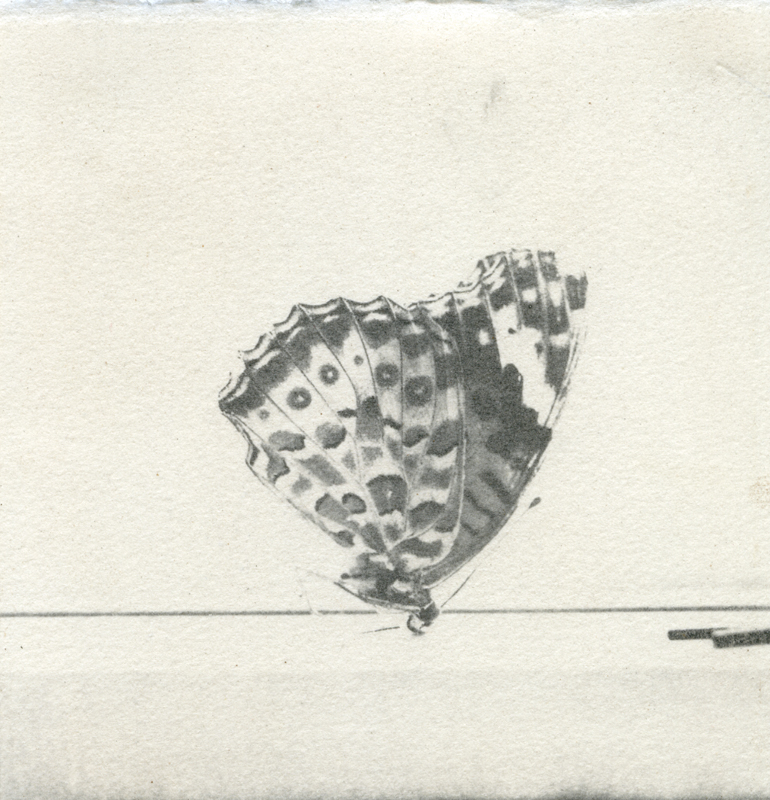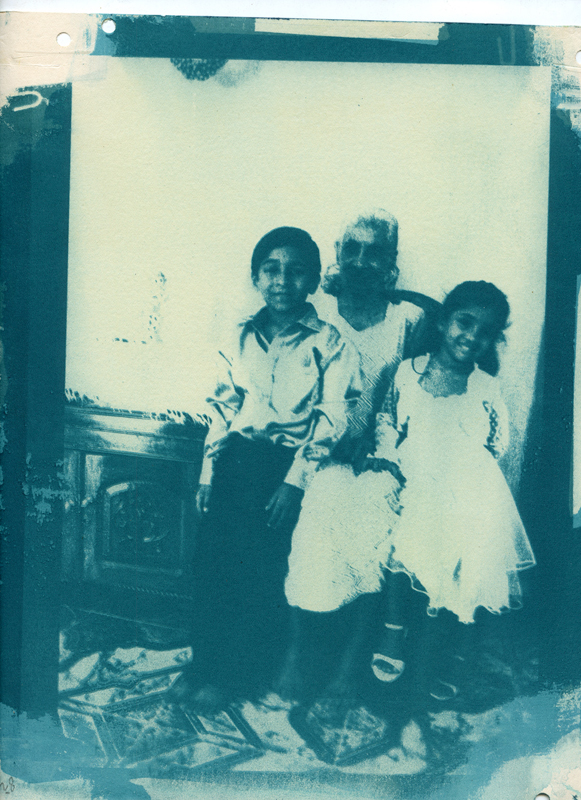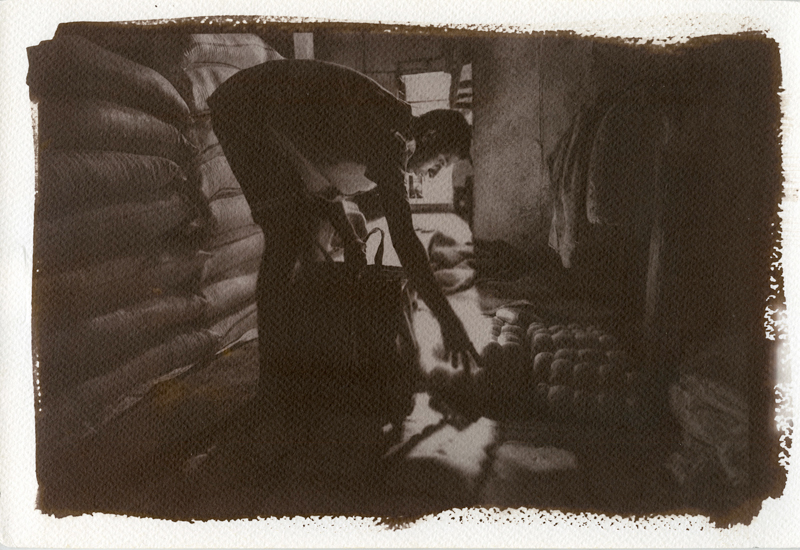Sunlight Trust (Goa-CAP)



Grant Period: Over five months
The Goa Center for Alternative Photography (Goa-CAP) was established in 2010 as an autonomous institution under the registered Sunlight Trust. Goa-CAP aims to become a professional and comprehensive platform for the promotion of alternative photography in India. Since its inception, it has organised exhibitions and workshops, and engaged with educational institutions like art colleges and student bodies to further its agenda. This grant will enable Goa-CAP to host the ALTlab residency—a two-month residency programme that shall nurture the individual practice of four emerging Indian artist photographers through experimentation and exchange.
Beginning February 15, 2011, the ALTlab residency will host four Indian artists concerned with pursuing form-based experiments and alternative photographic processes, thus extending the boundaries of their practice and that of the field. Applications will be solicited from photographers working with film and/or video, as well as artists working with any medium still eager to use a dark room and silver to create images. The residents will be chosen from diverse cultural backgrounds and regions in India so as to facilitate new experiences and exchanges, amongst each other and with the local Goan community. The selection of the artist residents shall be made by a panel comprising of the organising committee, appointed members of IFA, and one external jury member from the arts or curatorial practice.
Goa-CAP’s lab facilities include enlargers with black & white and colour heads, medium to large format 35mm and digital SLR cameras, black and white film development facilities, a daylight finishing area, technical support and photo processing chemicals. Additionally, there will be a studio for daguerreotypes, a wet plate collodion studio to produce a negative image on a transparent photographic medium like glass, and a 4x5 feet walk through camera obscura. So, from experimenting with scratching and painting negatives to using alternative printing and processing methods, the residency will look to create an environment within which creative mistakes, innovation and discovery are nurtured and celebrated. A facilitator/coordinator will be appointed to look after the artists’ logistical and other requirements. A critic in residence shall engage with the participants in a structured manner so as to encourage them to collaborate, combine ideas, and innovate while pursuing individual or team tasks on mutually agreed themes/ideas. The residents will be encouraged to regularly update a special blog to integrate/share their residency experience and research process. Two workshops will be organised with artists and/or technicians who will enhance the knowledge and skills of the residents. At regular mess meets, the residents will be encouraged to present projects, share ideas and cross-fertilise research agendas with other artists in the Goan community.
An open day exhibition is set to be held at the end for the resident artists to share their ‘works in progress’. Besides the online communication and publishing, an ALTlab DVD containing video documentation of the residency will also be created. A copy of this shall be uploaded on the Goa-CAP website and submitted to IFA. The Goa-CAP will also provide advice, support, contacts, and information that contribute to the overall development of the residents’ art practice.
